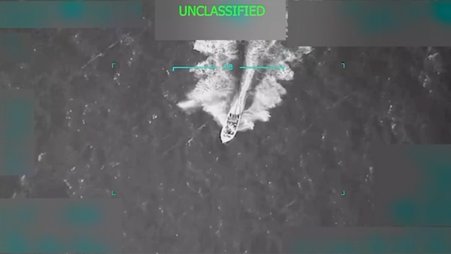The Senate Armed Services Committee is holding a confirmation hearing today for Pete Hegseth to be the secretary of defense. Hegseth is a controversial pick, not least because he has called service members accused of war crimes “heroes” and successfully lobbied President-elect Donald Trump for leniency in their cases.
Obtaining information from the Defense Department on alleged war crimes is already extremely difficult and the DOD may become more secretive if the agency is led by someone who doesn’t think war criminals should be prosecuted.
To help understand the current hurdles in investigating abuses committed by U.S. troops and how the landscape may change going forward, Freedom of the Press Foundation (FPF) is hosting an X Space with New Yorker journalist Parker Yesko on Thursday, Jan. 16, at 2 p.m. EST.
Yesko was part of The New Yorker investigative team that used the Freedom of Information Act to obtain key records on the 2005 massacre of two dozen civilians in Haditha, Iraq, at the hands of U.S. Marines. The FOIA requests won the release of photos of the carnage that the military tried to bury, and helped build a database of 781 possible war crimes committed by the U.S. in Iraq and Afghanistan since 2001. These crimes have largely gone uninvestigated and unpunished.
The New Yorker team shared its findings with members of Congress, helping prompt Sens. Elizabeth Warren and Chris Van Hollen to write the DOD inspector general in December 2024 demanding answers to nearly 50 questions about how the agency investigates war crimes. The letter heavily cited The New Yorker’s FOIA-based reporting and required the DOD to respond by Dec. 30, 2024.
No response came.
We’ll ask Yesko where Hegseth’s nomination and DOD’s ongoing stonewalling leave reporters, Congress, and the victims of the 781 possible war crimes committed by U.S. personnel.
Set a reminder to join our live discussion here.





